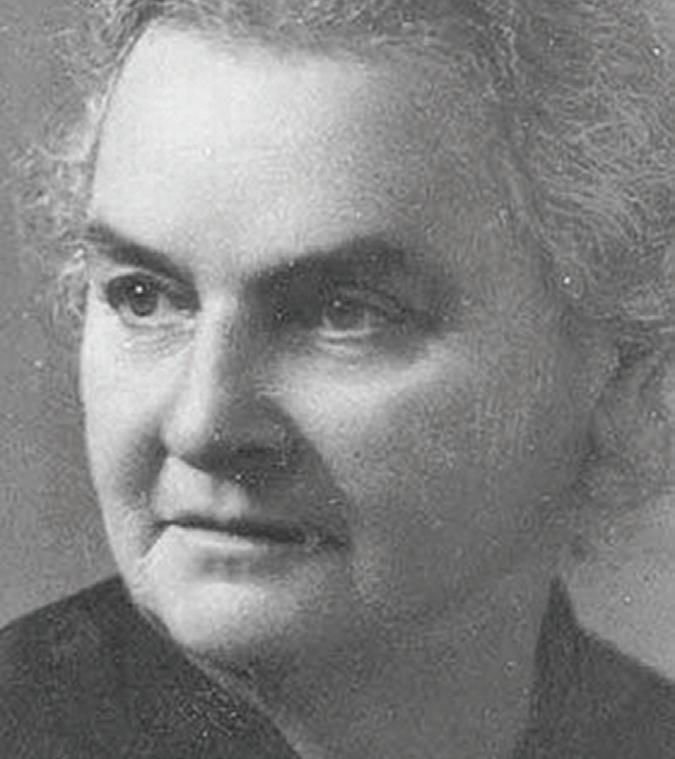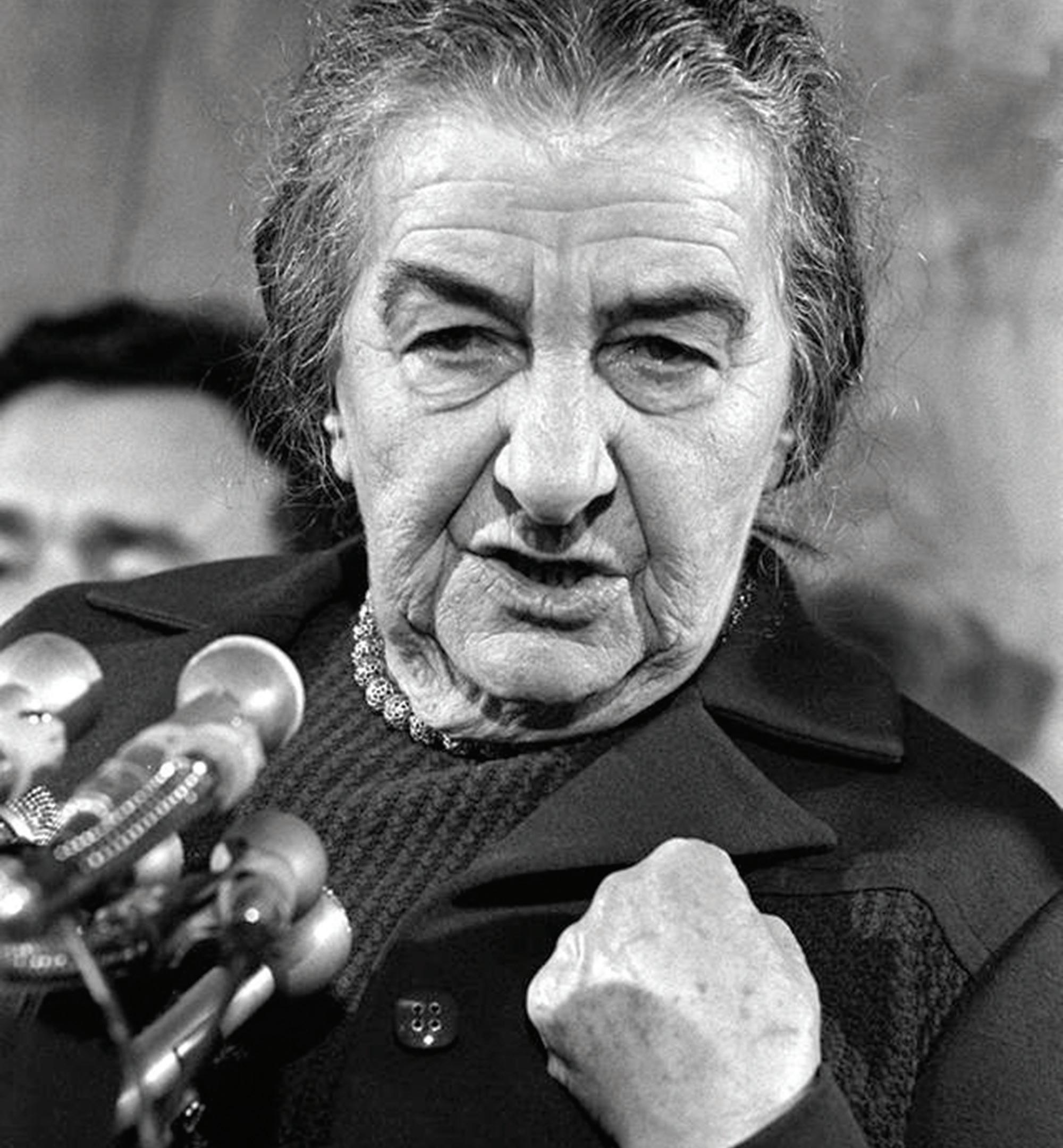
2 minute read
GOLDA MEIR

mocracy by absorbing the authority of the rabbinate, controlled today by the Orthodox, from Ottoman law. Unforeseen by Ben-Gurion and Israel’s other secular founding parents, the ultra-Orthodox population would surge rather than vanish, turning these parties into coalition powerbrokers that could wield civil power through the Israeli government’s Ministry of Religious Affairs.
But the power of the ultra-Orthodox was not yet cemented during the prestate period, making “the Yishuv an era of great opportunities for women,” at least in those professions that were open to them, says Shilo. Those were the same fields accessible to women in the United States and Europe, an outgrowth of the progressive movement that was building steam around the same time as Zionism. Via these professions, immigrant Jewish women brought some of the greatest hits of Western civilization to pre-state Palestine—education, public health and social work.
Although generally less well-known than their male counterparts, countless strong women helped build Israel into what it is today, and not only as wives and mothers. We would be remiss not to celebrate at least a few of them when we are marking Israel’s 75th year. Even the most famous don’t get the kind of widespread recognition they deserve. One of the best-known pioneers of the pre-state period was the brilliant Baltimore-born visionary leader Henrietta Szold (18601945), who first visited Israel in 1909 and settled there permanently in 1933. In the United States she is heralded as the founder of Hadassah, a rare women-run organization of the time (which gave American women direct opportunities to improve life for people living in
Ottoman-era Palestine), and although not credited, she was the de facto editor (even rarer) of the then-very-male Jewish Publication Society. She should also be known for completing rabbinical school at the Jewish Theological Seminary, although she was only allowed to attend on the condition that she not ask to be ordained. In Israel, Szold is also remembered as director of the Youth Aliyah, an agency established by another enterprising woman, Recha Freier (1892-1984), which rescued thousands of Jewish children from Nazi Germany and delivered them safely to Israel. Szold also opened Israel’s first nursing school, raised funds for and established Hadassah Hospital in Jerusalem with its inclusive mission of helping Jews and Arabs alike, and set up the first professional social work agencies in Jerusalem, Tel Aviv, Haifa and Petah Tikva, replacing what she disdained as “the old Lady Bountiful system” that was not based “on justice to the unfortunate.”
Szold was also unique in that she was included in the leadership of major Zionist organizations and, in 1931, became the first woman to serve on the executive committee of the National Council, the governing body of the Yishuv, which was
ADINA BAR-SHALOM
responsible for everything from education to defense. She commanded respect as an intellectual powerhouse: In a speech she gave in 1896, one month before Theodor Herzl published Der Judenstaat (The Jewish State), Szold had outlined her vision of a Jewish state in Palestine as a place to ingather diaspora Jewry and revive Jewish culture. “I can’t think of any other woman who was as influential in so many areas,” says Shilo. An authoritative biography by Dvora Hacohen, To Repair a Broken World: The Life of Henrietta Szold, Founder of Hadassah, came out in 2021,






